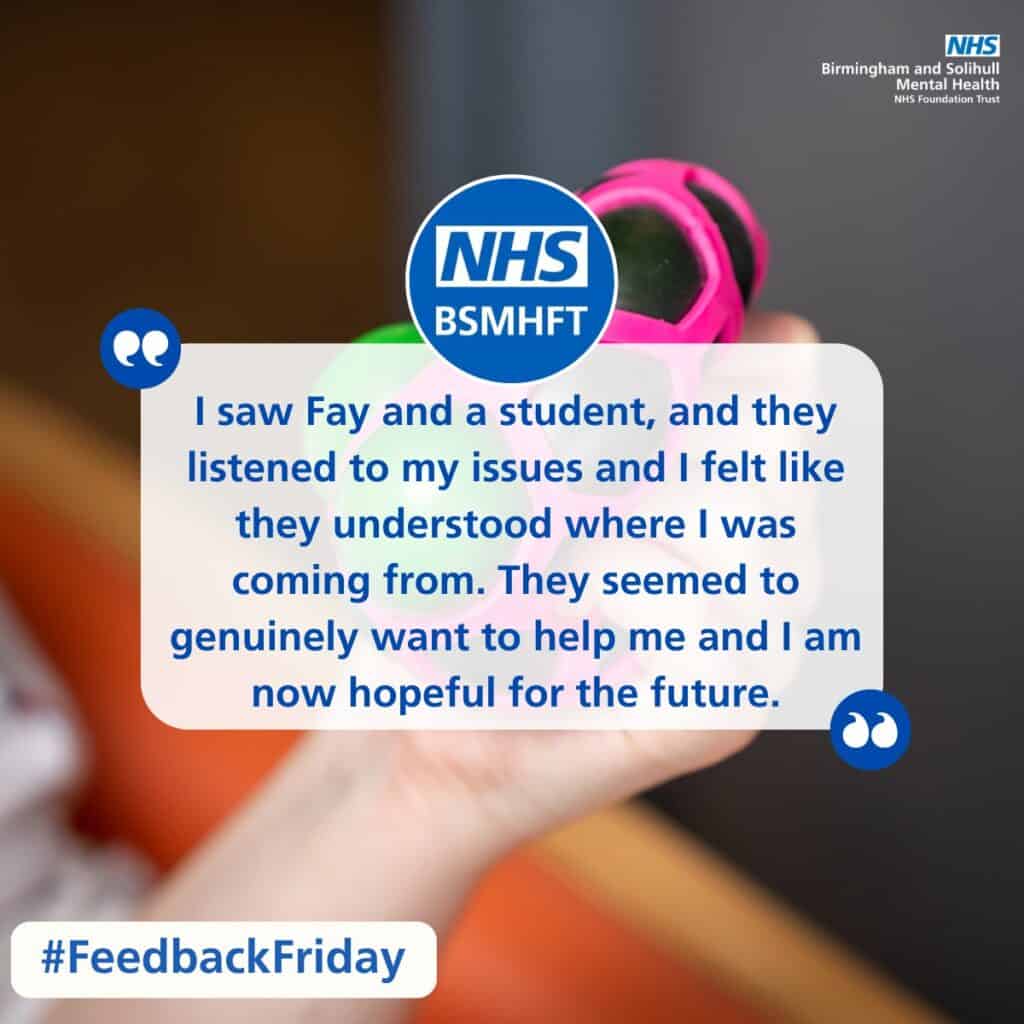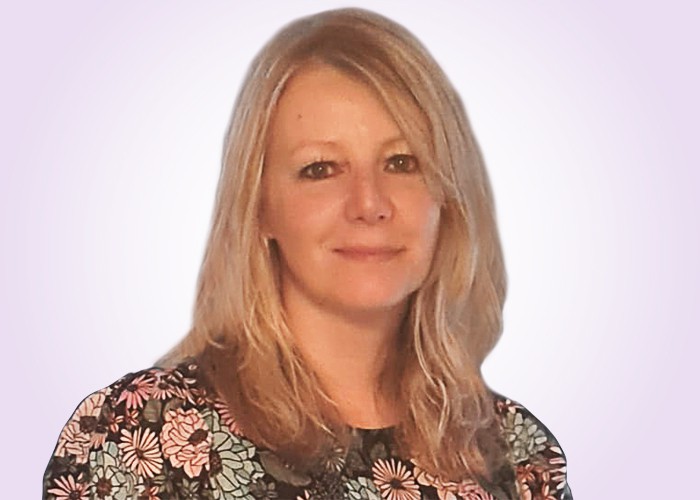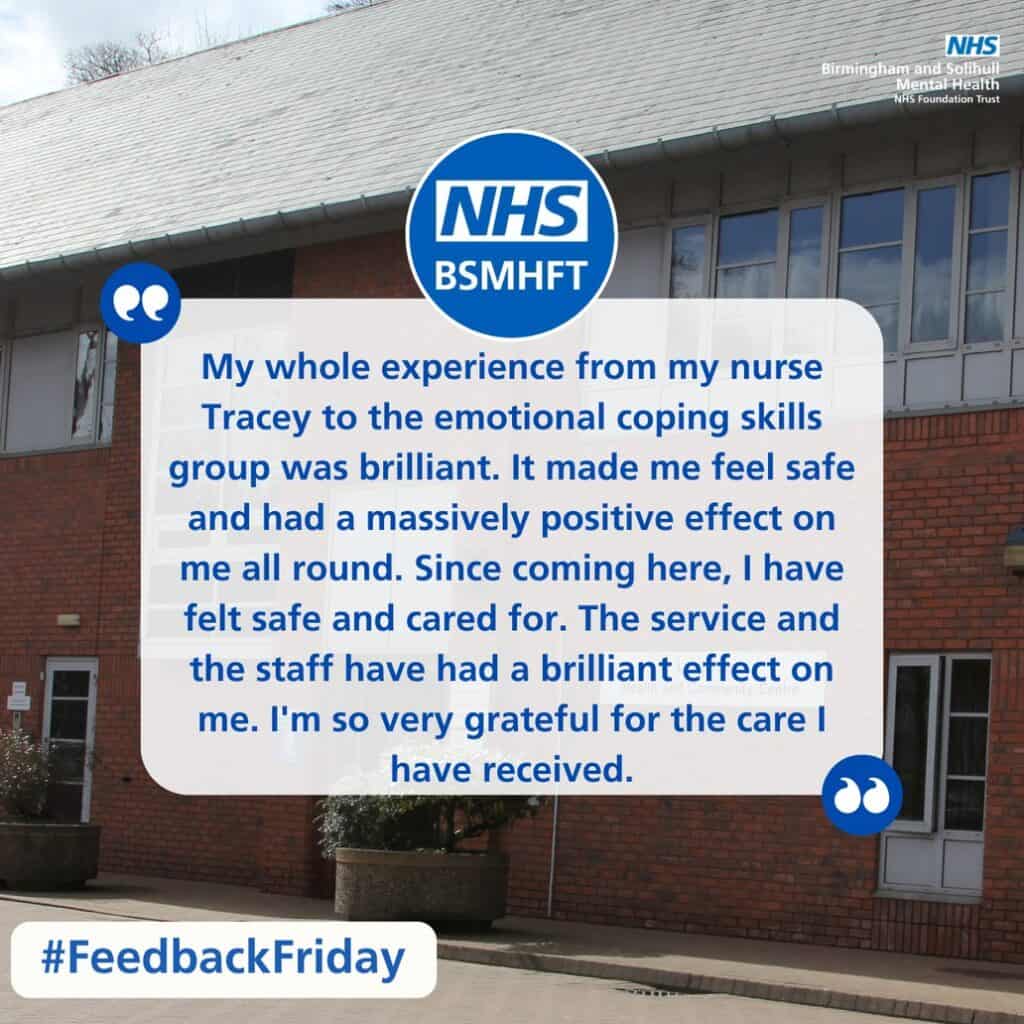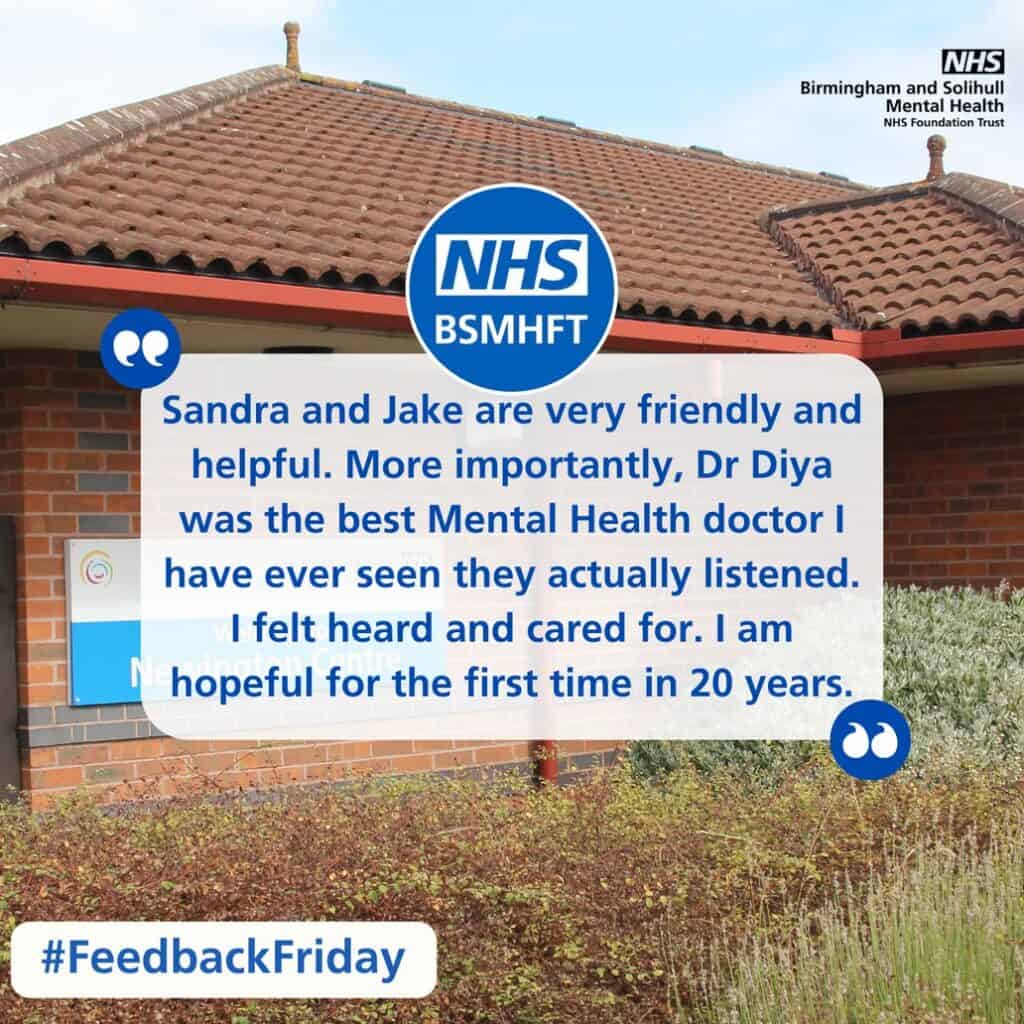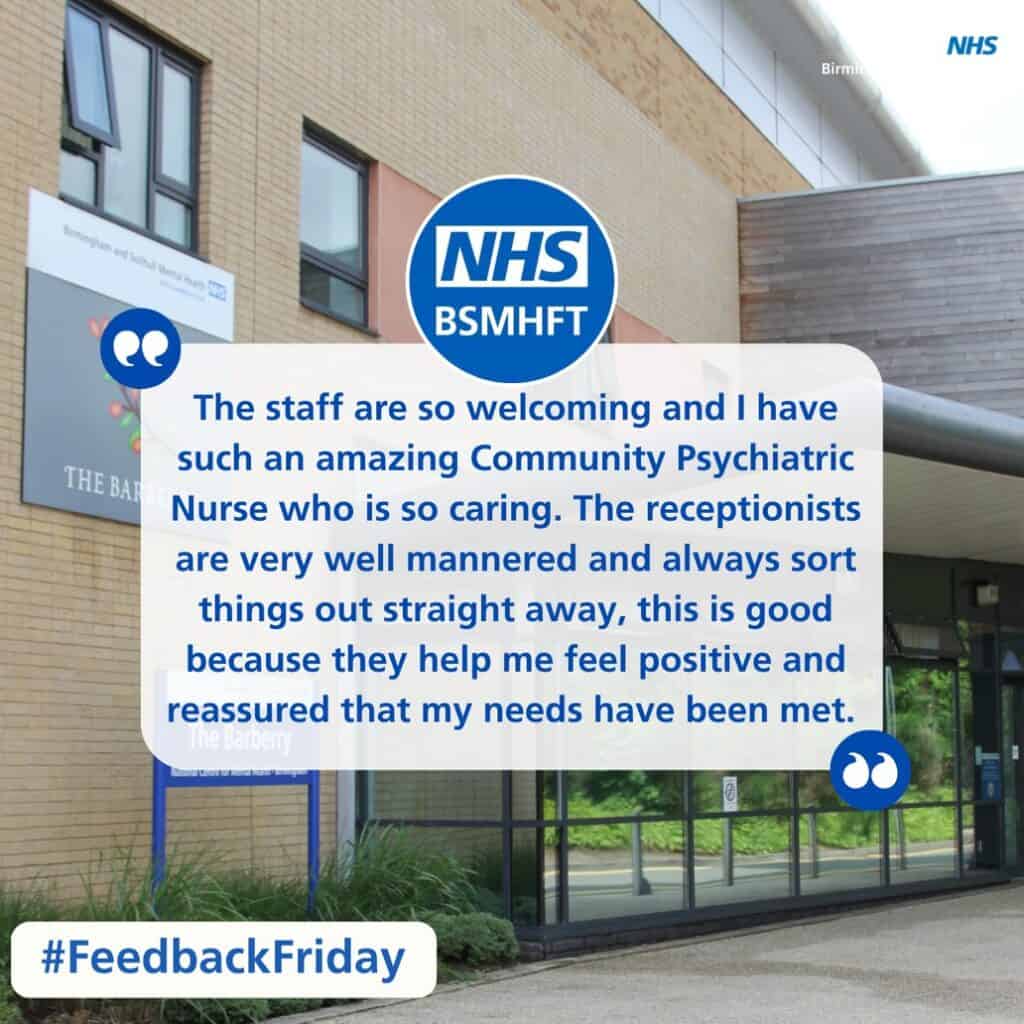Members of the Solihull Council Children’s Scrutiny Board visited the Bishop Wilson clinic this week, to learn more about our Solar service – Solihull’s integrated mental health and emotional wellbeing service for children and young people.
Delivered by BSMHFT, in partnership with Barnardo’s, and Autism West Midlands, Solar supports the emotional wellbeing and mental health of children and young people up to the age of 19, along with their families. Currently, around 2,200 young people in Solihull are open to the service. The Councillors’ visit provided an opportunity to see first-hand how the Solar team’s commitment and compassion is making a real difference locally.
The team highlighted the service’s strong partnerships across the borough — particularly with schools — to ensure young people receive the right support, at the right time.
During the visit, discussions covered the service configuration, community challenges around understanding autism, and Solar’s proactive efforts in addressing health inequalities, especially in support of children in care.
Councillors also heard how most of the Solar team is co-located under one roof (with the exception of the TEDS eating disorder service), enabling stronger collaboration and coordination of care.
A key focus of the conversation was the service’s ongoing work to reduce missed appointments — a critical area that impacts both those receiving care and those still on the waiting list. The team also explained how they continuously review the needs of young people waiting to be seen, helping to ensure each child is matched with the service that best supports them.
Andrew Burrow, Chairman – Children’s Services, Education & Skills Scrutiny Board, who was part of the visit, said:
“The Solihull Council Children’s Scrutiny Board found our visit most helpful. The range of support required by children is very broad and seeing how our one stop shop can simplify the very complex provision for our parent carers was good. It was interesting to learn that missed appointments represented the theoretical resource necessary to reduce the waiting list by a third within a year. This provides some opportunity for assisting children without additional resources.”
Throughout the visit, it was clear that children and young people remain at the heart of Solar’s approach — shaping a model of care that is responsive, inclusive, and tailored to the needs of Solihull’s young people both now and in the future.
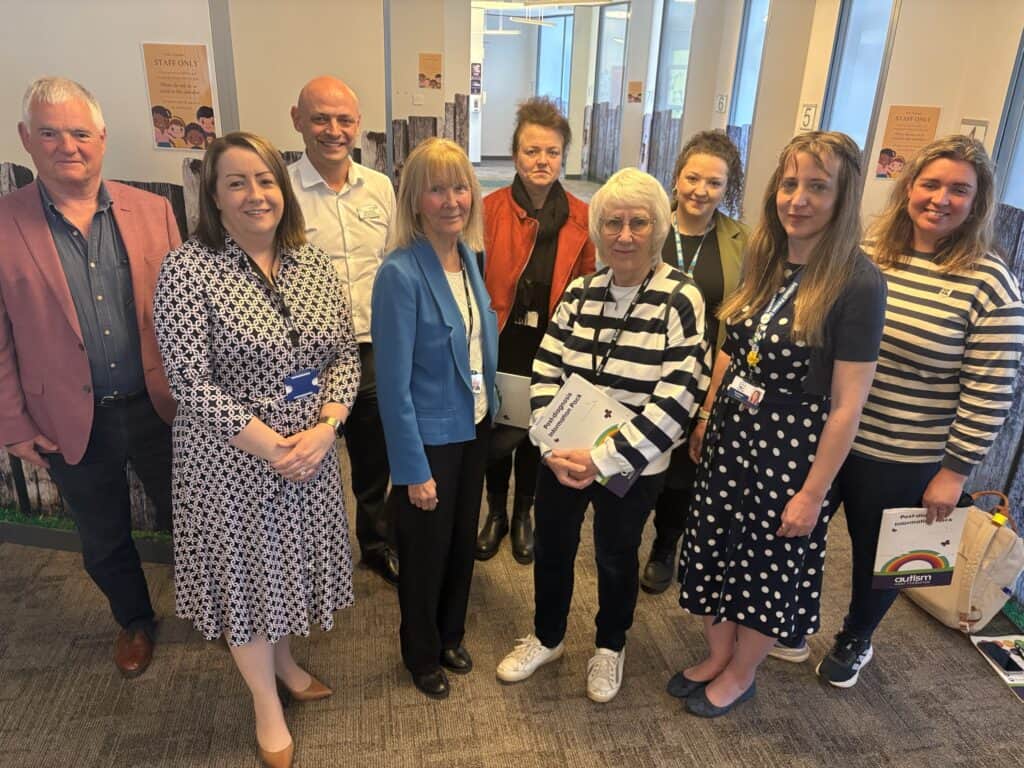
Published: 10 April 2025




